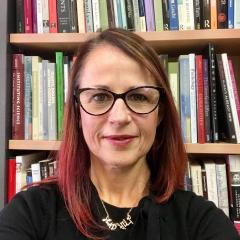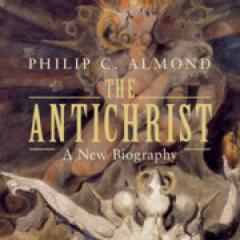From January to March 2018, UQ Fellow Charlotte-Rose Millar will be taking up a ten week visiting fellowship at the University of Cambridge in the Centre for Research in the Arts, Social Sciences and Humanities (CRASSH). Charlotte-Rose will be working on the Early Modern Conversions project on a study entitled The Conversion of Emotion in Early Modern England.
In the first century after the Reformation, Protestant England undertook a programme of conversion: religious, social, political, sexual and, importantly, emotional. These attempts at conversion were particularly visible in post-Reformation changes to marriage rituals. Increasingly in post-Reformation England, advice literature, sermons and theological tracts all emphasised the crucial importance of marriage within society. This emphasis came at the same time that marriage was being reformed, both legally and theologically, and the Church of England was attempting to redefine courtship and marriage rituals and to tighten its hold on sexual morality.
Charlotte-Rose’s project seeks to understand how successful this undertaking was and if the expression, performance and regulation of emotion changed amongst ordinary men and women as a response to changing marital rituals and expectations. By tracking how emotional practices may have evolved over time, the project explores how large-scale changes at a governmental and church level had the potential to fundamentally alter the emotional practices of the populace. It will also show how pre-existing emotional practices could be used by ordinary men and women to resist official changes to emotional expression within intimate relationships. The project will explore both the importance of emotions to conversion narratives and, crucially, how emotions themselves could be subject to conversion. In doing so, it questions whether conversion was a rhetorical strategy, one that could be used retroactively to shape the past, or whether conversion was ontological, a process that was capable of actually changing how men and women expressed their emotions.



